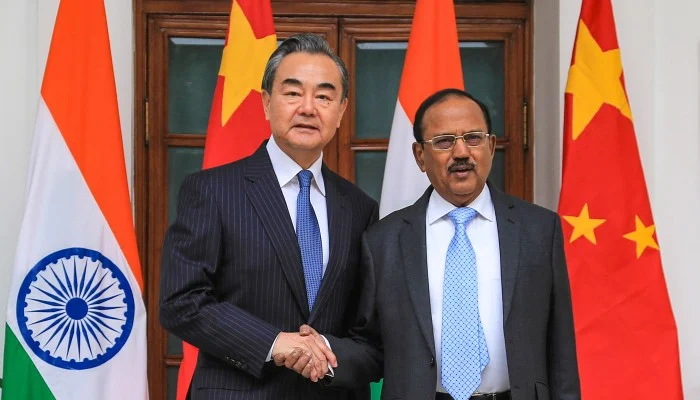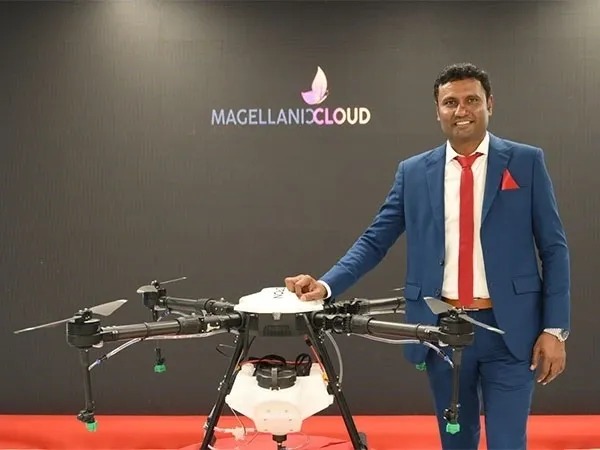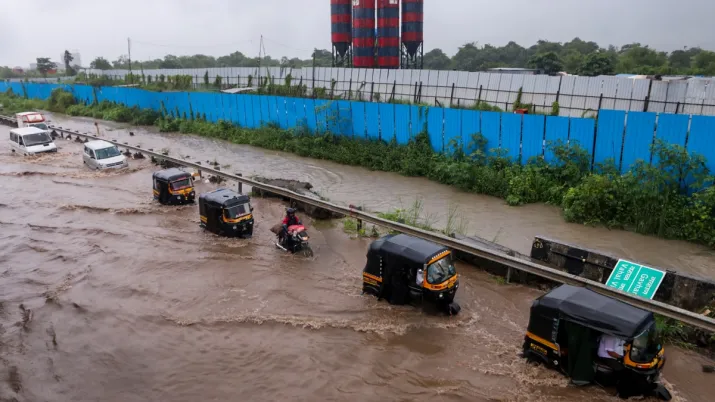 Image Source: South China Morning Post
Image Source: South China Morning Post
In a significant diplomatic moment, India’s National Security Advisor (NSA) Ajit Doval met with Chinese Foreign Minister Wang Yi in New Delhi for the 24th round of the Special Representatives dialogue on the boundary issue. The meeting, held just days before Prime Minister Narendra Modi’s scheduled visit to China for the Shanghai Cooperation Organisation (SCO) Summit in Tianjin, marked a notable shift in tone and substance in India-China relations.
Doval emphasized that the border areas have remained peaceful and tranquil in recent months, and that bilateral engagements between the two nations have become “more substantial.” This sentiment was echoed by Wang Yi, who stressed the importance of mutual cooperation and confidence-building measures to ensure regional stability.
“There has been an upward trend. Our borders have been quiet, and our bilateral engagements have become more substantial,” Doval stated during the meeting.
A Diplomatic Reset After Years of Tension
The meeting comes after a prolonged period of military standoff and diplomatic strain between the two Asian powers, triggered by the Galwan Valley clash in 2020. Since then, both sides have engaged in multiple rounds of disengagement talks, culminating in a landmark agreement in October 2024 to withdraw frontline troops from key friction points such as Depsang and Demchok.
While tensions have not fully dissipated—China has yet to pull back troops from rear areas—the current dialogue signals a renewed commitment to peace and stability. External Affairs Minister S. Jaishankar, who also met Wang Yi, emphasized that the relationship must be guided by the “three mutuals”: mutual respect, mutual sensitivity, and mutual interest.
“Differences must not become disputes, nor competition conflict,” Jaishankar said, adding that both nations now seek to move ahead with a candid and constructive approach.
Strategic Implications and SCO Summit
The timing of these developments is particularly significant, as Prime Minister Modi prepares to travel to Tianjin from August 31 to September 1 for the SCO Summit—his first visit to China since 2018. The summit offers an opportunity to further consolidate diplomatic gains and explore new avenues of cooperation.
Chinese Foreign Ministry spokesperson Guo Jiakun welcomed Modi’s upcoming visit, stating that the summit will be “a gathering of solidarity, friendship and fruitful results”. The SCO Summit is expected to host leaders from 20 countries, including nine member states and ten international organizations3.
Wang Yi’s visit to India is widely seen as preparatory groundwork for Modi’s trip, with both sides expected to deliberate on new confidence-building measures, including the resumption of direct flights, reopening of border trade routes, and restoration of people-to-people exchanges such as the Kailash Mansarovar Yatra5.
The Role of Special Representatives
The Special Representatives dialogue, led by NSA Doval and Wang Yi, serves as a high-level mechanism for managing the complex boundary dispute. The 23rd round of talks, held in Beijing in December 2024, resulted in multiple consensus points on border management and cross-border cooperation.
This latest round builds on those outcomes, with both sides reaffirming the importance of maintaining peace on the ground to enable the normal development of bilateral relations. The resumption of the Kailash Mansarovar Yatra and increased border trade are among the tangible signs of progress.
A New Environment for Cooperation
Doval noted that the “new environment that has been created has helped us in moving ahead in various areas,” signaling that the diplomatic thaw is beginning to yield broader benefits. Discussions also covered economic cooperation, river data sharing, and regional security coordination.
China’s foreign ministry spokesperson Mao Ning expressed optimism ahead of the talks, stating that Beijing is ready to work with India to “sustain lasting peace and tranquillity in the border areas”.
Sources: Deccan Herald, IBTimes, MSN, Tribune India, News18, The Hindu, CNBC TV18
Advertisement
Advertisement



